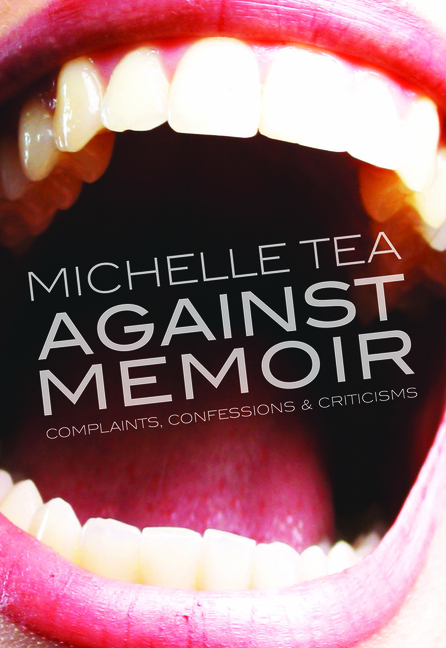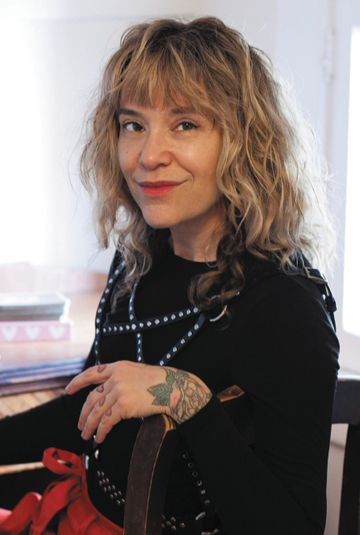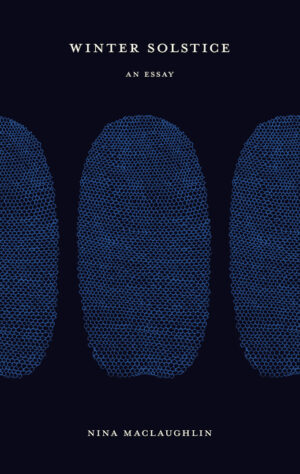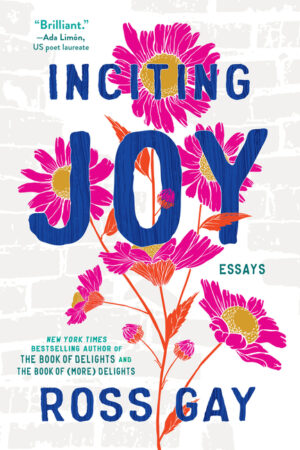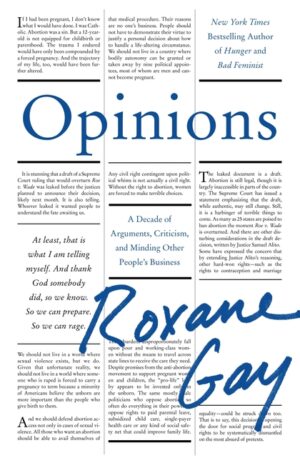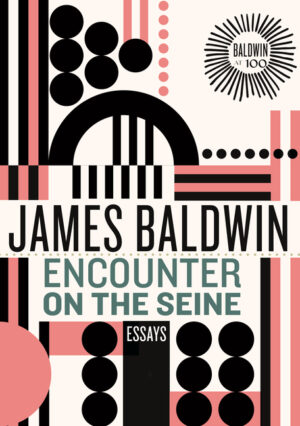Praise for
Black Wave: "A Gen-X queer girl's version of the bohemian counter-canon." –
New York Times "Events, though outlandish, are narrated with total conviction, and powerfully express the intensity both of attaining sobriety and of the writing process."
–The New Yorker "Gliding deftly through issues of addiction and recovery, erasure and assimilation, environmental devastation and mass delusion about our own pernicious tendencies, this is a genre- and reality-bending story of quiet triumph for the perennial screw-up and unabashed outsider. A biting, sagacious, and delightfully dark metaliterary novel about finding your way in a world on fire." –
Kirkus (starred review) "It's this rawness that makes
Black Wave so disarming, a rollicking hallucinatory fantasy that's as sobering as cold air. . . .It's sentimental and reckless and not quite like anything I've read before. An apocalypse novel that makes you feel hopeful about the world: could anything be more timely?" –
The Guardian "In Tea's skillfully loose, lusty prose, Michelle is both vulnerable and brash, blitzing through lovers and bags of heroin, terrified but also convinced of her own invincibility... [A]n important portrait of the late '90s." –
Publishers Weekly "A philosophical meditation on the end times, complete with suicides, protests, magical dreams, and Matt Dillon." –
Los Angeles Review of Books "The prose is fucking gorgeous, the characters are hilarious and upsetting and miserable, the world is heart-stopping in its strangeness and bleak crawl to the edge of the cliff, then its tumble over the edge." –
Tor.com "Out of a messy, scabrous delve into the personal, Tea has created something uncomfortably funny and bleakly gorgeous." –
New Statesman "[L]yrical but blunt, capturing her narrator's duel hopelessness and genuine desire for a life full of love and promise. . . .this book exists in a new kind of literary ecosystem–one that doesn't need to fit neatly into the structures of an older era." –
BUST "A love letter to literature's lasting power and the ability of writing to save one's future. . . . If the world is going to end, then Tea's way out isn't so bad." –
SF Chronicle

